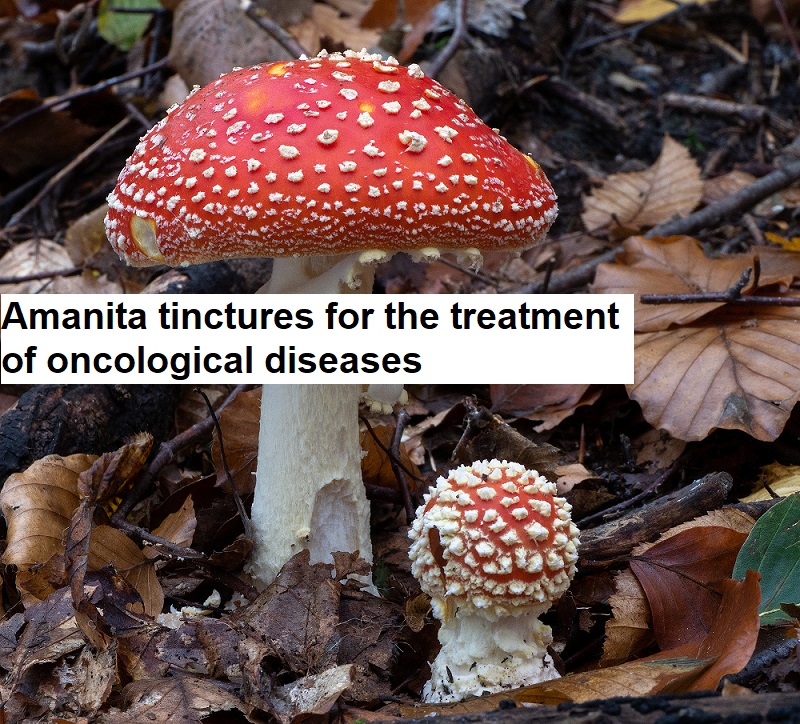
The exploration of natural remedies for the treatment of oncological diseases has led researchers and practitioners to delve into the world of fungi, specifically targeting the Amanita muscaria, commonly known as fly agaric. This mushroom, with its iconic red cap and white spots, has been a subject of folklore and medicinal study for centuries. Recently, there’s been growing interest in its potential applications in cancer treatment, through various forms such as tinctures, microdosing, and encapsulated powder.
Amanita muscaria contains several bioactive compounds thought to possess anti-inflammatory, immunomodulating, and potentially anticancer properties. These compounds are being studied for their ability to modulate the immune system, which is crucial in the body’s fight against cancer. The idea is not to use these mushrooms as a standalone cure but as part of a complementary approach to traditional cancer treatments.
Tinctures made from Amanita muscaria are among the most popular methods of administration for therapeutic purposes. These liquid extracts are prepared by soaking the dried caps of the mushrooms in alcohol, which extracts the active compounds. The resulting tincture is then used in very small, controlled doses, a practice often referred to as microdosing. This approach allows individuals to experience the potential therapeutic effects without the psychoactive side effects typically associated with larger doses of the mushroom.
Another form of administration is through powder and capsules. The dried caps of Amanita muscaria are ground into a fine powder, which can then be encapsulated. This method offers a convenient and measured way to consume the mushroom, making it easier to manage dosage and reduce the risk of unwanted effects.
The practice of using Amanita muscaria for health purposes does come with cautionary advice. Due to the complex nature of its compounds, such as muscimol and ibotenic acid, it’s imperative that any use of fly agaric, especially for conditions as serious as cancer, is done under the guidance of a healthcare professional experienced in herbal and alternative treatments.
Despite the promising aspects of Amanita muscaria, it’s important to approach claims of its efficacy in treating cancer with skepticism until more clinical trials are conducted. The scientific community continues to study its effects and safety profile in oncological applications.
For those interested in exploring the therapeutic potential of Amanita muscaria, products like OM.SHROOMS’ amanita muscaria mushroom for sale offer a source for obtaining the mushroom in various forms. Whether in tinctures, capsules, or as dried caps, the availability of these products allows for personal experimentation with microdosing under professional supervision.
In conclusion, while the exploration of Amanita muscaria in the treatment of oncological diseases is still in its early stages, the mushroom’s historical use and recent research into its compounds offer intriguing possibilities. As with all alternative treatments, individuals should proceed with caution, seeking guidance from healthcare professionals and considering the current evidence base to make informed decisions about their cancer treatment strategy.

